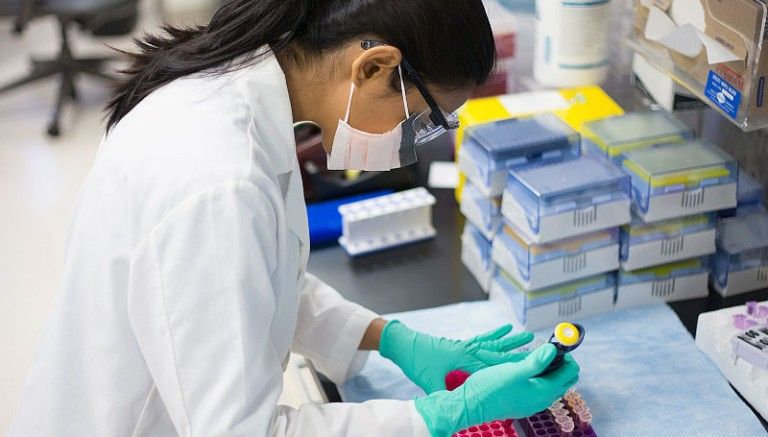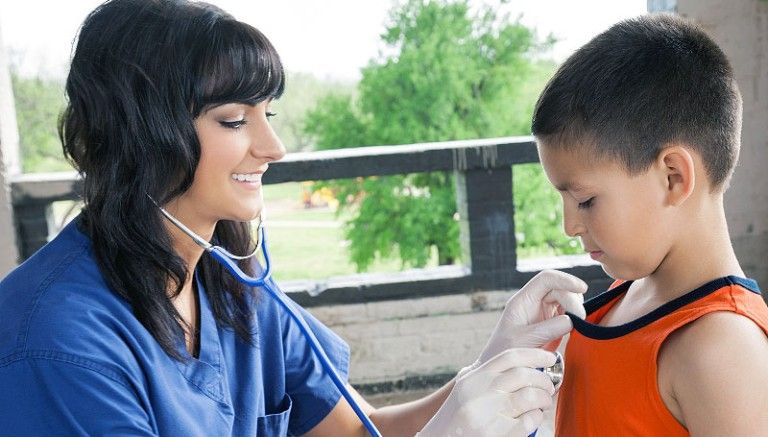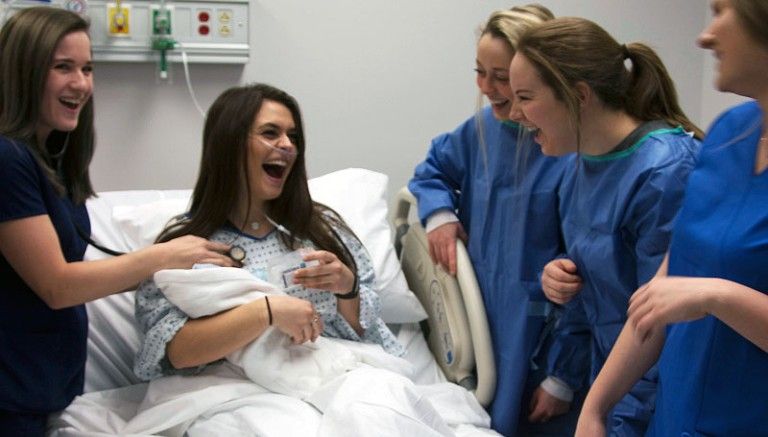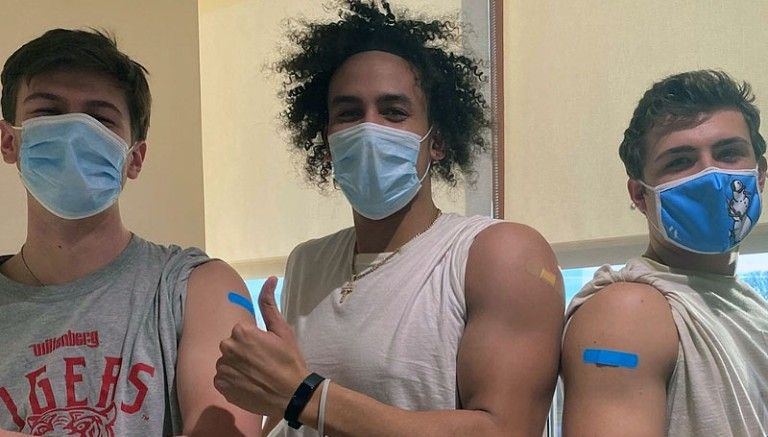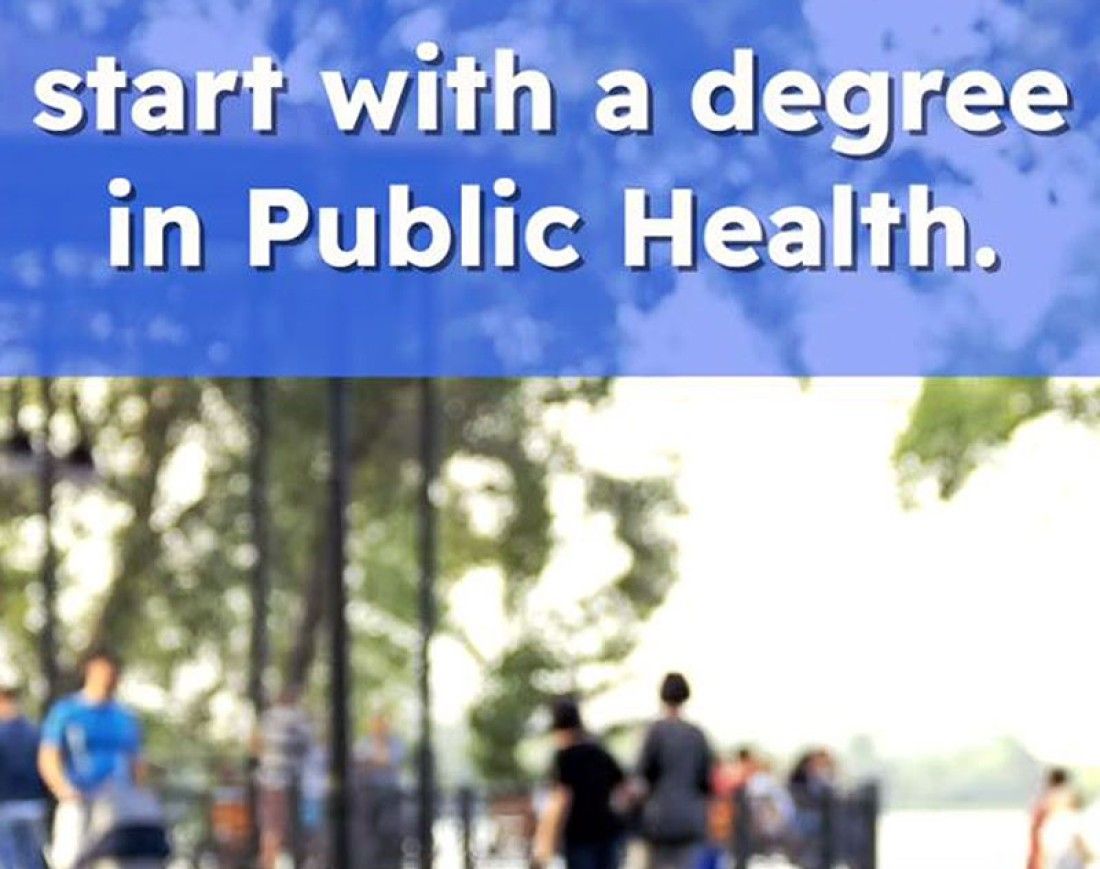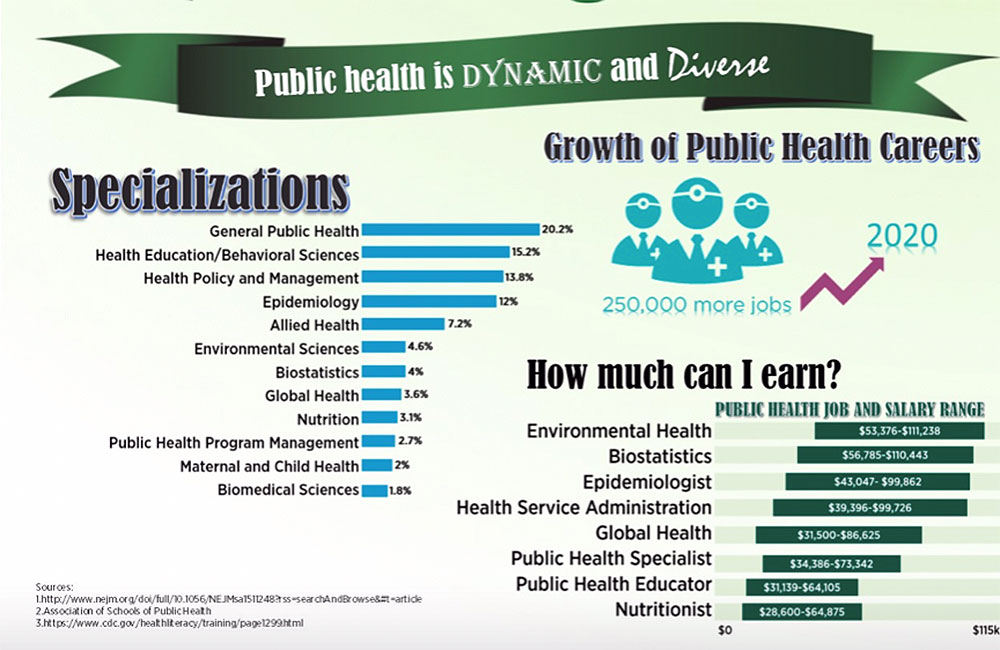Learn More About The Program
Learn More About The Program
If you’re interested in learning more, schedule a tour or connect with our public health program director, Dr. Marie Bashaw, at bashawm@wittenberg.edu or at 937-327-7375. Dr. Bashaw has consistently prepared the next generation of caring, competent, collaborative nurses and public health professionals, using evidence-based practice so as to facilitate the transition of students to the roles the world needs.


